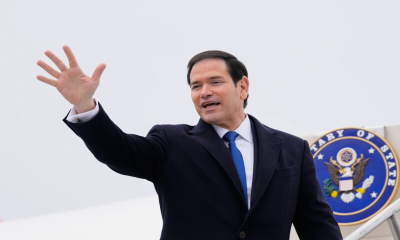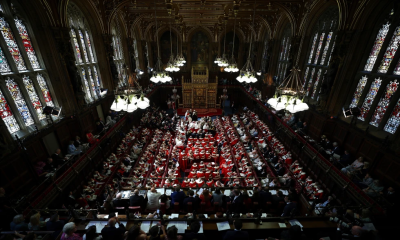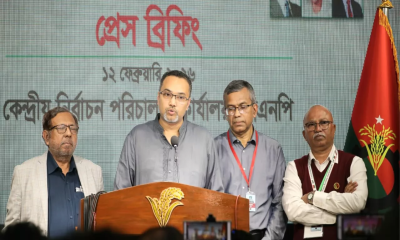The United Nations has clarified that there have been no discussions with the Government of Bangladesh regarding the establishment of a humanitarian corridor for delivering aid to Myanmar’s Rakhine State. According to UN Resident Coordinator in Bangladesh, Gwen Lewis, any such corridor would require a formal agreement between the governments of Bangladesh and Myanmar before the UN could consider offering support.
Speaking at a public event in Dhaka, Lewis stated, “A humanitarian corridor is a legal matter. For it to be implemented, both Bangladesh and Myanmar must provide formal consent. Only then can the United Nations determine the form and extent of its involvement.”
In late April, Bangladesh`s Foreign Affairs Adviser mentioned the possibility of launching a humanitarian corridor to provide urgent aid to Rakhine, where communities have been facing severe hardship due to ongoing conflict and instability.
Following the announcement, concerns were raised from various quarters, including the armed forces. As a result, Bangladesh’s Foreign Ministry and National Security Adviser clarified that the government is currently considering the establishment of a "humanitarian channel," not a formal corridor.
Government officials have also emphasized that any humanitarian initiative would be linked to efforts to repatriate Rohingya refugees currently residing in Bangladesh.
They stated that improving conditions in Rakhine through humanitarian assistance could create a conducive environment for the safe and voluntary return of the Rohingya population.
Over the past nine years, nearly 1.2 million Rohingya have fled to Bangladesh, seeking refuge from violence and persecution in Myanmar’s Rakhine State.
Although a repatriation agreement was signed between the two countries in 2017, no refugees have returned under that framework to date.


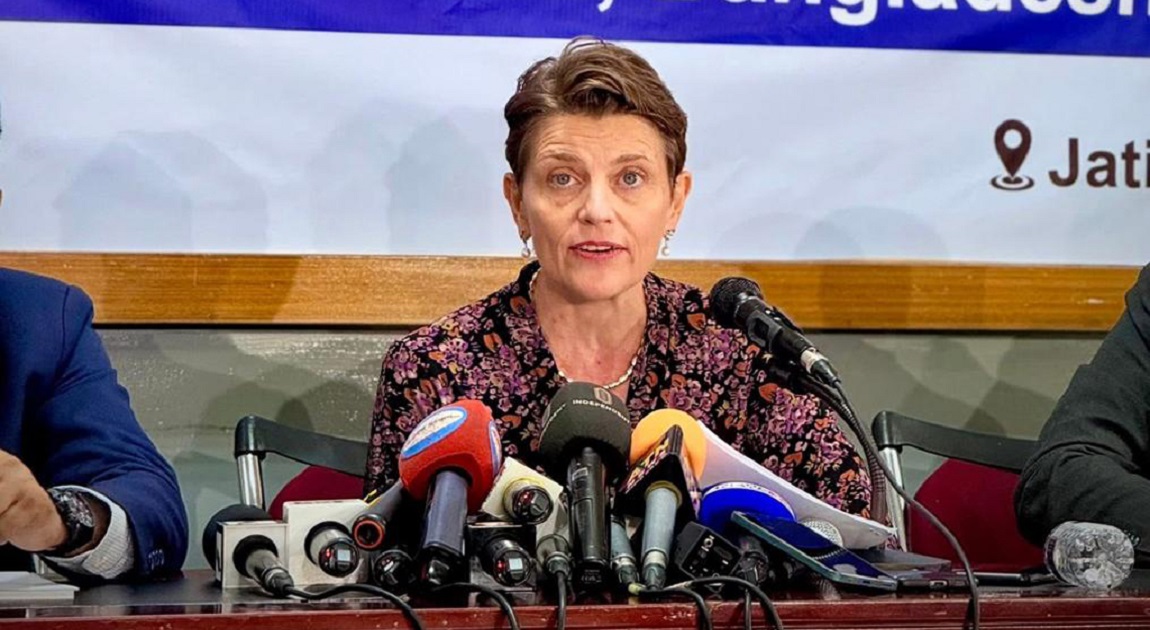



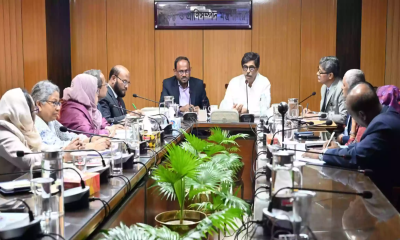
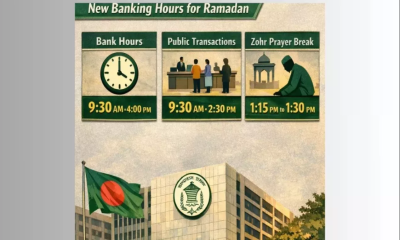
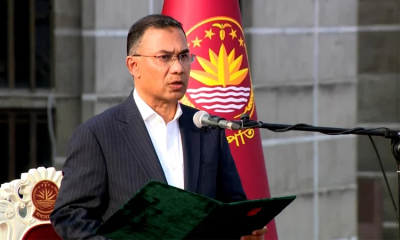

-20260219054530.webp)

